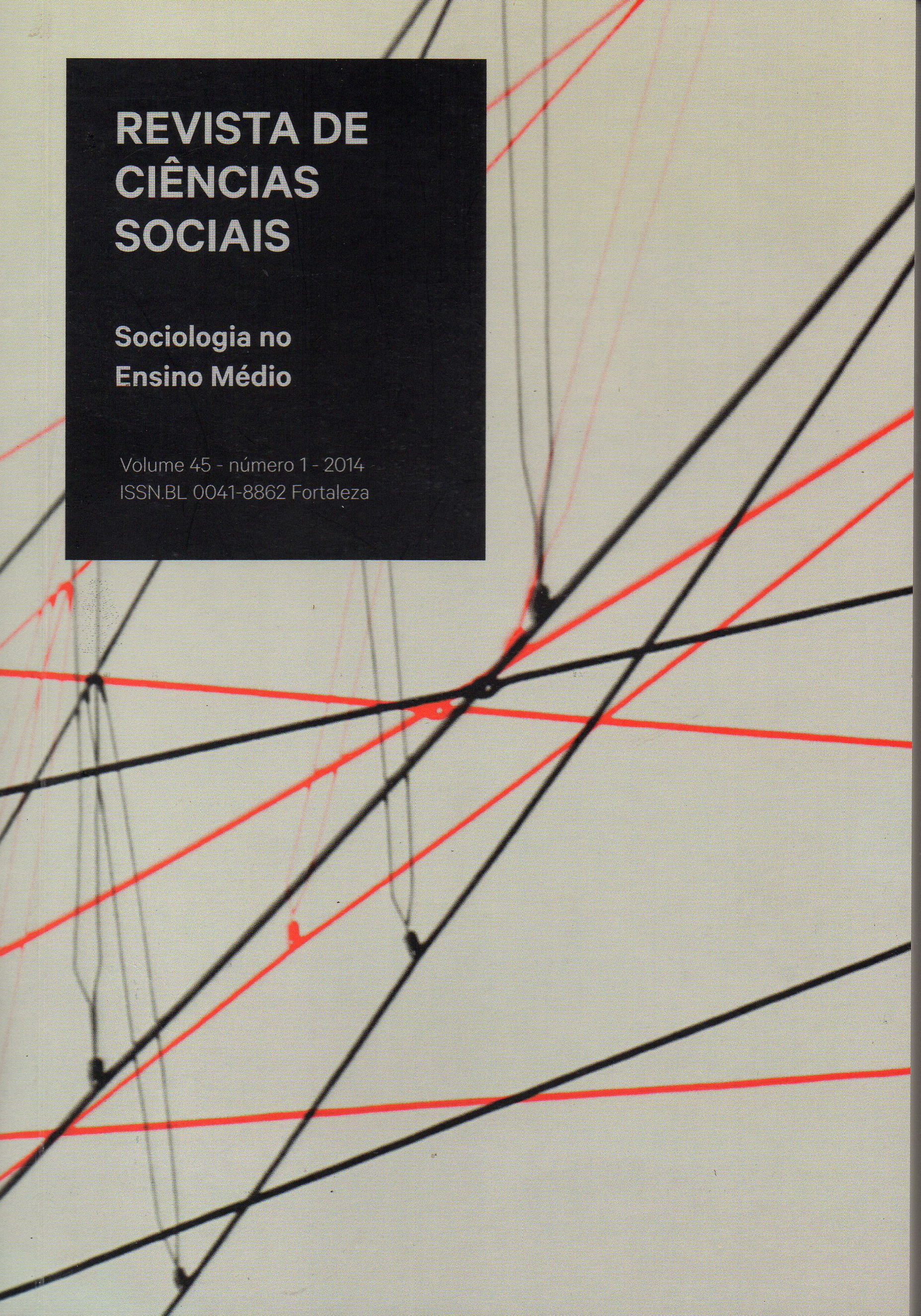The Expansion of Jurema in the Iberian Peninsula
Keywords:
Transnationalization, Luso-Afro-Brazilian Religions, Trance, Possession, Enchanted TreeAbstract
Following Umbanda and Candomblé, the Jurema Encantada is the most recent Brazilian religion to cross the Atlantic and to penetrate the transnational complex of the Iberian Peninsula, notably Portugal, from where it shows signs of expansion. Religions are, in essence, adept of the transnational. They will transfer from one community to another, despite the cultural differences, and may exist within both, and expand, in a broader sense, as if to designate the passage ways and to allow the phenomenon of a third way, a hybridization of the production of cultural elements: in constant rearrangement, often showing in colonial and post-colonial societies. All this contributes to the emergence of a new category of ideal mod-el – the charismatic peregrine, founder of new communities of modern religiosity. This is the object of our essay, based on topics of a study of one Jurema, the Centro Espírita Vila Alhandra, in S. Lourenço, Azeitão, Portugal.
References
AGIER, Michel (2013). La condition cosmopolite. L’antropologie à l’eupreuve du piege identitaire.Paris: La découverte.
ANDRADE, M. (1993). Fotógrafo e turista aprendiz. São Paulo: Instituto de Estudos Brasileiros/USP.
ASSUNÇÃO, L. (2006). O reino dos mestres: a tradição da Jurema na Umbanda nordestina. Rio de Janeiro: Pallas.
BAKHTIN, M. (1978). Esthétique et théorie de roman. Paris: Galimard.
BASTIDE, R. (1945). Imagens do Nordeste mítico em preto e branco. Rio de Janeiro: O Cruzeiro.
BASTOS, C. (2001). Omulu em Lisboa: etnografias para uma teoria da globalização. Etnográfica, vol. V, nº 2, 303-324.
CONERTON, P. (1993). Quando as sociedades recordam. Oeiras-PT: Celta.
GUILLOT, M. (2009). Du myth de l’unité luso-afro-brésilienne: le candomblé et l’umbanda au Portugal. Lusotopie, vol. XVI, nº 2, Paris, Brill.
HERVIEU-LÉGER, D. (1999). Le pèlerin et le converti. La religion en movement. Paris: Flamarion.
MONTENEGRO, M. 20050. Les bruxos: des thérapeutes traditionnels et leur clientèle au Portugal. Paris: L’Harmattan.
MOTA, R.(1976). Jurema. Recife: IJNPS, Centro de Estudos Folclóricos (Folclore, 22).
PAIS, JOSÉ M. (1994). Souza Martins e suas memórias sociais: sociologia de uma crença popular. Lisboa: Gradiva.
PORDEUS JÚNIOR, Ismael (2000). Uma casa luso-afro-brasileira com certeza: emigrações e metamorfoses da Umbanda em Portugal. São Paulo: Terceira Margem. Coleção África.
PORDEUS JÚNIOR, Ismael (2009). Portugal em transe: a transnacionalização das religiões afro brasileiras: conversão e performances. 2ª edição. Lisboa: ICS.
PORDEUS JÚNIOR, Ismael (2010). Bricolage(s) de l’imaginaire dans l’Umbanda. InStéphane Pawloff (orgs.) L’art d’inventer l’existence dans las pratiques médico-sociales. Lyon: Reliance, Édition Érès.
PORDEUS JÚNIOR, Ismael (org.). (2012). Apresentação. In BURGOS, A. Jurema sagrada: do Nordeste brasileiro à Península Ibérica. Fortaleza: LEO/UFC.SARAIVA, Clara (2010). Afro-Brazilian religons in Portugal: bruxos, priests and pais de santo. Lisboa. Etnográfica, vol. 14, nº 2, p. 265-288.
TOURNER, V. (1987). The antropologiy of performance. N.Y.: P A J Publication.
TOURNER, V. (1972). O processo ritual: estrutura e anti estrutura. Petrópolis-RJ: Vozes.
ZUNTHOR, P. (1978). La letre et la voix. Paris: Seuil
Downloads
Published
How to Cite
Issue
Section
License
Autores que publicam nesta revista concordam com os seguintes termos:- Autores mantém os direitos autorais e concedem à revista o direito de primeira publicação, com o trabalho simultaneamente licenciado sob a Creative Commons Attribution License, que permite o compartilhamento do trabalho com reconhecimento da autoria do trabalho e publicação inicial nesta revista.
- Autores têm autorização para assumir contratos adicionais separadamente, para distribuição não-exclusiva da versão do trabalho publicada nesta revista (ex.: publicar em repositório institucional ou como capítulo de livro), com reconhecimento de autoria e publicação inicial nesta revista.
- Autores têm permissão e são estimulados a publicar e distribuir seu trabalho online (ex.: em repositórios institucionais ou na sua página pessoal) a qualquer ponto antes ou durante o processo editorial, já que isso pode gerar alterações produtivas, bem como aumentar o impacto e a citação do trabalho publicado (Veja O Efeito do Acesso Livre).



